Applying knowledge involves engaging with multiple objectives and outcomes, and taking various interests and perspectives of all actors into consideration. Applications of synthesised knowledge may take different forms and play out at different scales. For example, in the local community it may matter most as ‘working knowledge’ in governing their own territories or in devising action plans in collaboration with relevant authorities. At national level, it can feed into policy making to fulfill national action plans for protecting biodiversity, and internationally to improve monitoring of key species or ecosystem services. Ideally, the multiple potential uses of knowledge is at the center of the MEB process from the beginning, and the issue of concern is formulated based on needs and objectives identified across all the actors involved. That everyone sees the value of knowledge outcomes creates stronger engagement and co-ownership which will improve the quality of the knowledge, the process, and the usefulness of the outcomes.
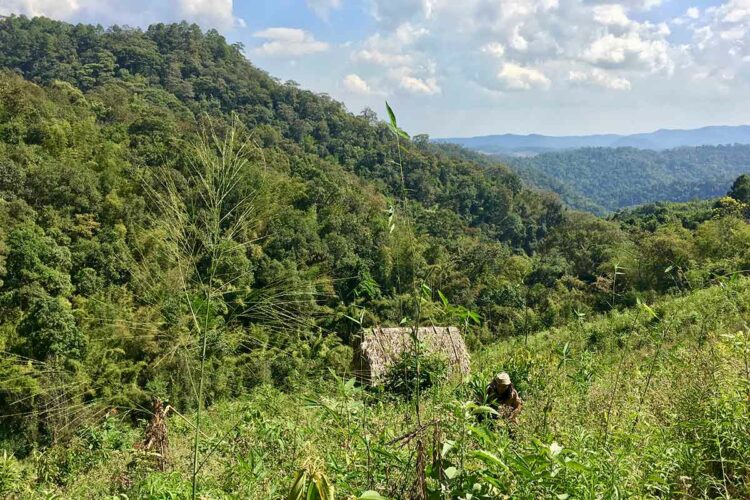
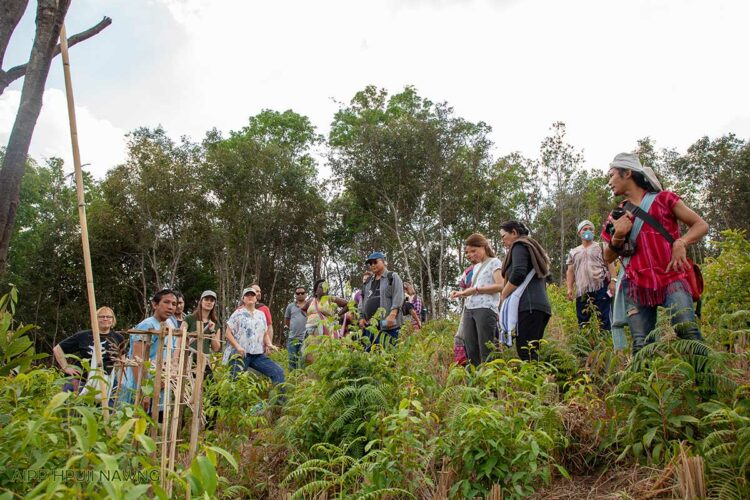
Walking workshop in the Karen community Doi Chang Pa Pae during the Thematic Workshop on Human Rights in the post-2020 Global Biodiversity Framework 2020.
Photo: Hpuji Nawng/AIPP
Thus, successful application requires collaborative and encompassing definition of problems and goals and often engagement with multiple objectives and outcomes, to fulfill different interests. Close and respectful partnership between e.g. the communities that are governing and managing the lands and its resources, and relevant local or regional authorities, increases the likelihood of implementation of knowledge – and successful implementation can strengthen the partnership over time.
A range of challenges may emerge in knowledge application, such as strategic use of knowledge by actors (including scientists) to achieve narrow purposes, and institutional barriers to connect knowledge with action at various scales. It is essential for successful application that the representatives of the knowledge systems that have been engaged in the process also have the agency and rights to apply new insights through suitable governance arrangements. Also, knowledge governance, i.e. how to document, store, take care of and bring forward the new knowledge and its application is central.
Learn about The polination dialogue experiences of apply below.
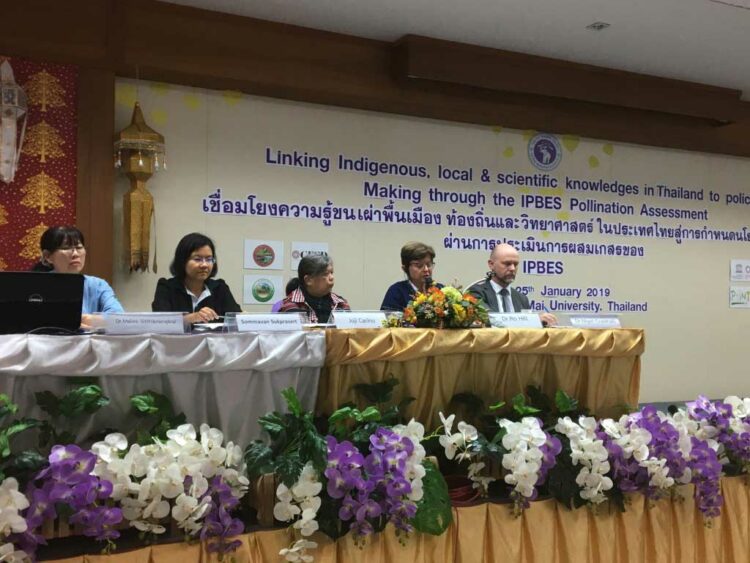
The pollination dialogue had four main objectives, to cover the interests of the different groups represented at the dialogue – i.e. pollination researchers and IPBES actors, visiting IPLC representatives, and the local community representatives.
The multiple objectives for the dialogue were as follow:
- To review key messages of the IPBES Pollination Assessment
- Contribute to method developments for IPBES procedures and approaches to work with Indigenous and local knowledge
- Contribute and link Karen local indigenous knowledge to the science-policy interface, as a way to strengthen its recognition, and contribute to sustainable development.
- Support the uptake of the IPBES Pollination Assessment in local, national and international policy.
The four objectives emerged and were formulated in discussion among a core team planning the dialogue. The team had representatives from the different actor groups, including from the local community hosting the dialogue, and was building on previous partnerships and collaboration.
The four objectives were articulated as separate, but were interwoven in how they were implemented in the dialogue. The review and dissemination of key messages on pollination was combined with presenting and discussion of the Karen knowledge and practices. This was also a way to strengthen its recognition and contribution to sustainable development. Participants of the dialogue engaged in discussions and presentations, in support of and in order to emphasize the value of the Karen rotational farming systems for pollination and biodiversity in general.
The day after the dialogue, a full day seminar at Chiang Mai University was convened. Regional and national policy makers, researchers and NGOs were invited, along with all participants from the dialogues. Presentations were given on the IPBES pollination report, pollination science, the value of ILK for pollination, and on the insights from dialogue, but also on conservation policy and practice in Thailand by invited ministries. The day also provided a safe platform for discussing how the Karen people, their knowledge and practices, were impacted by conservation and forest policy, and for the policy makers at regional and national level to listen to the Karen people, in a situation where their knowledge had been respected and recognized, by the presence of leading international scientists and UN bodies.

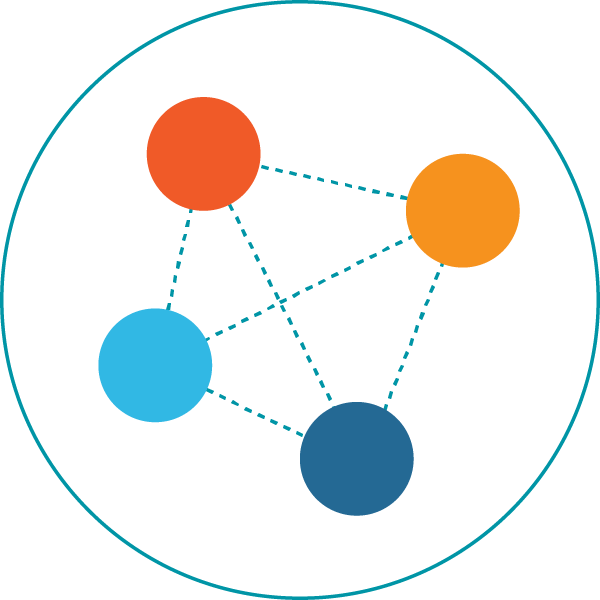



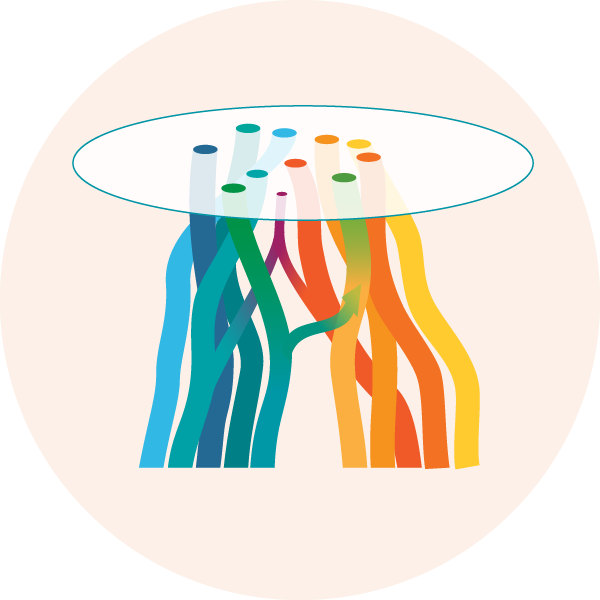



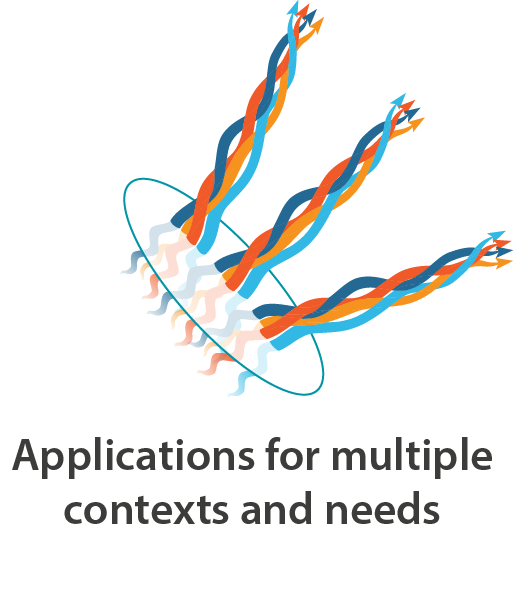
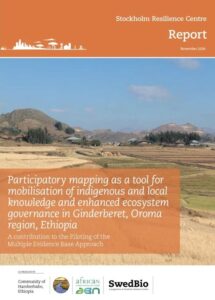 Participatory mapping as a tool for mobilisation of indigenous and local knowledge and enhanced ecosystem governance in Ginderberet, Oroma region, Ethiopia
Participatory mapping as a tool for mobilisation of indigenous and local knowledge and enhanced ecosystem governance in Ginderberet, Oroma region, Ethiopia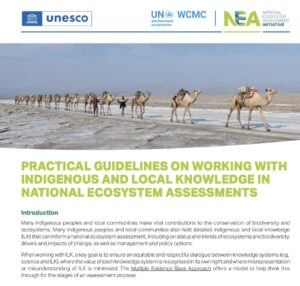 Practical guidelines on working with indigenous and local knowledge in National Ecosystem Assessments
Practical guidelines on working with indigenous and local knowledge in National Ecosystem Assessments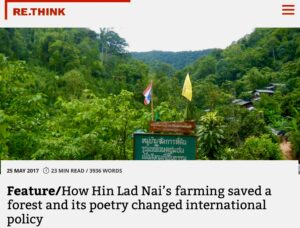 Mellegård. V. 2017. How Hin Lad Nai’s farming saved a forest and its poetry changed international policy. ReThink.
Mellegård. V. 2017. How Hin Lad Nai’s farming saved a forest and its poetry changed international policy. ReThink.